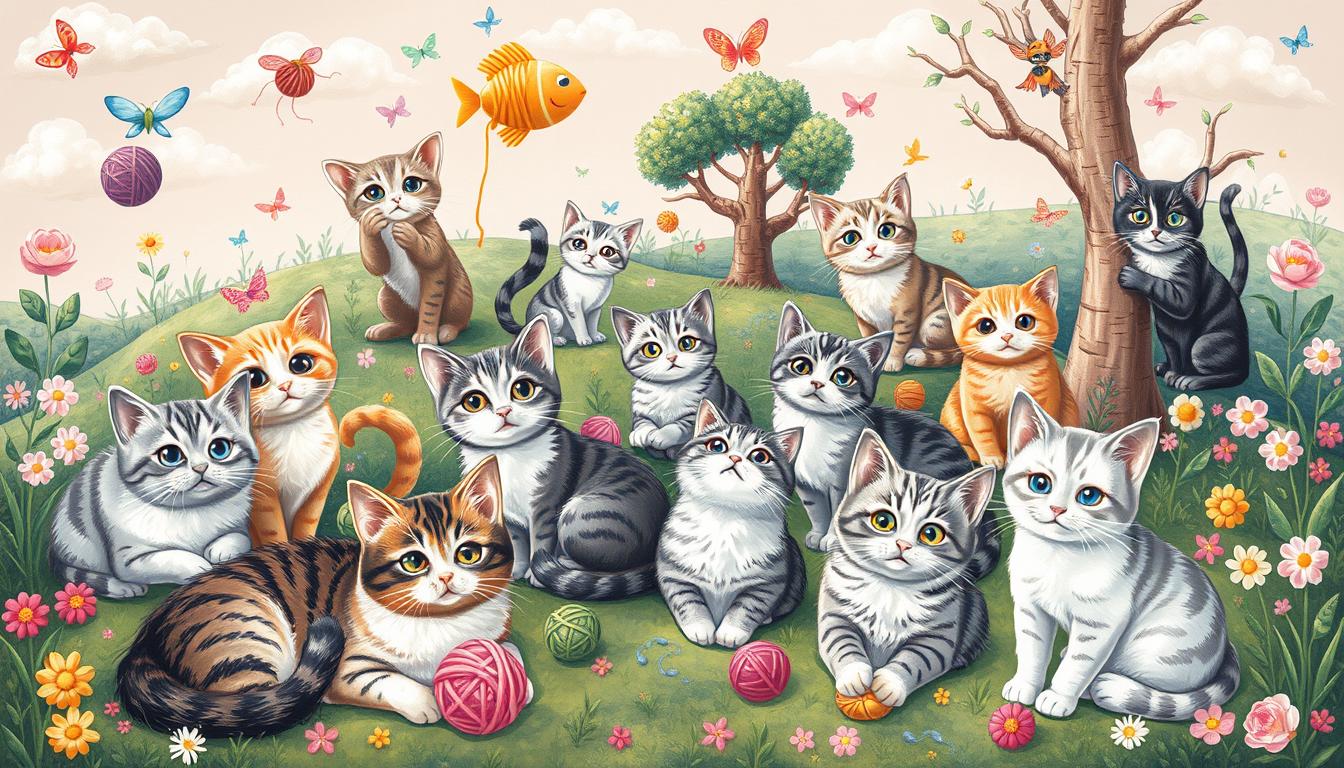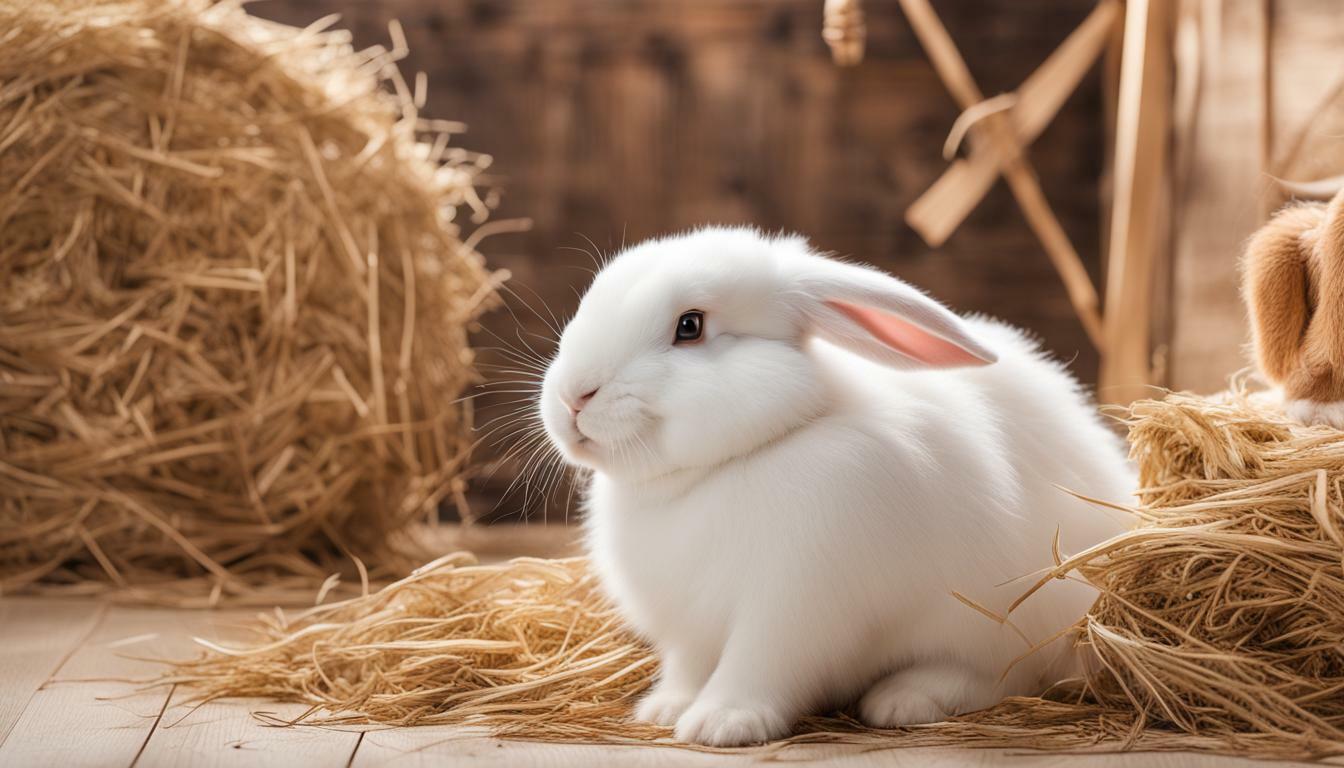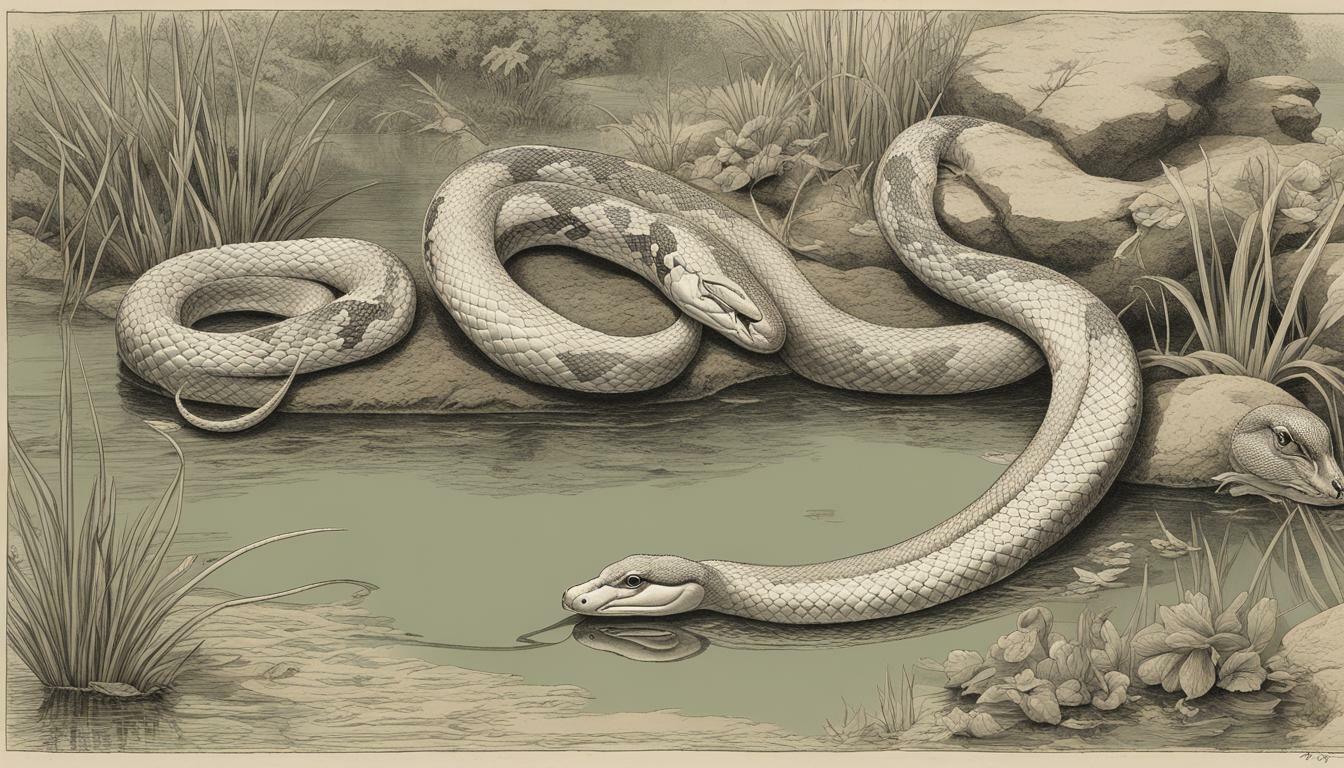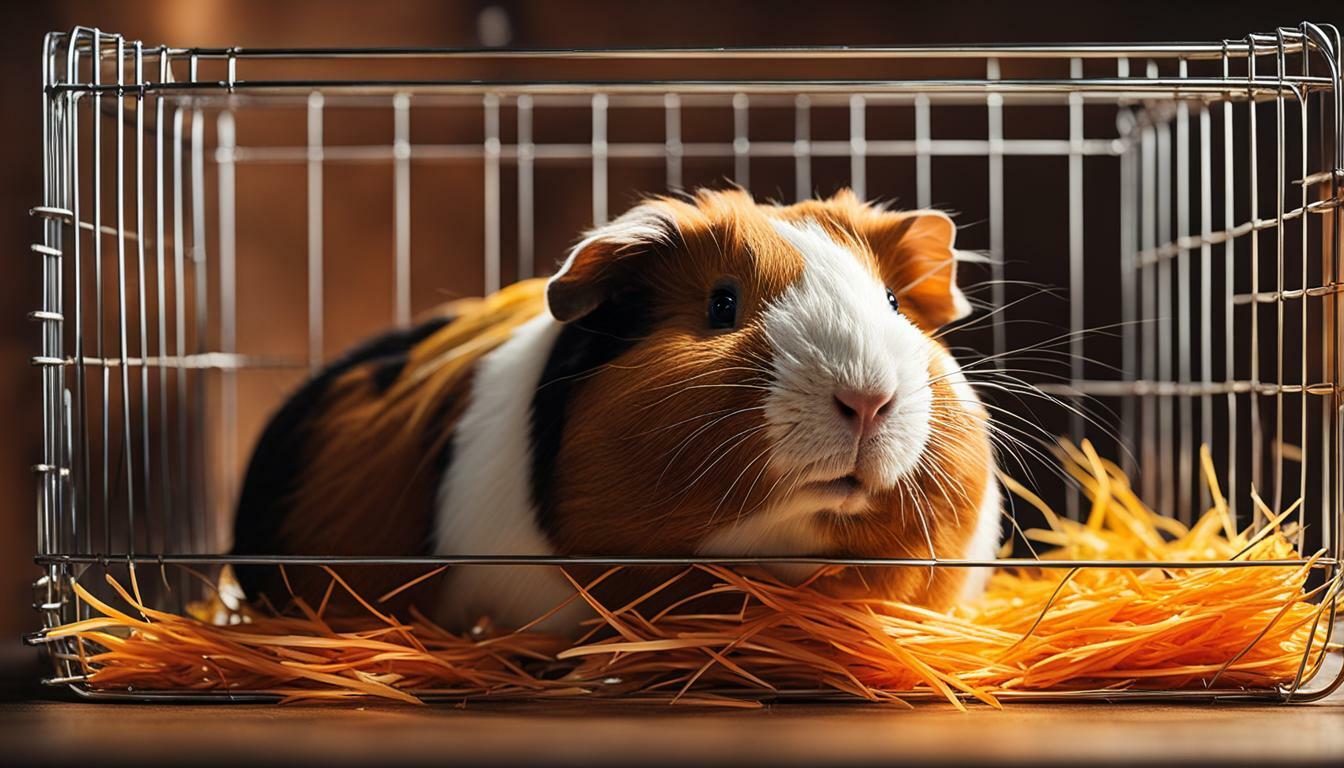What Do Baby Quails Eat? Unveiling the Mystery

Table of content:
Quail chicks require careful attention to diet and nutrition in their first few weeks of life to ensure proper growth and development. Knowing what to feed baby quails is key to raising healthy, thriving hatchlings. This guide covers the best foods and proper feeding techniques for your newborn coturnix, button, or bobwhite quail chicks.
What Should I Feed New Quail Chicks?
Newly hatched quail chicks need high protein, vitamin-rich foods to fuel their rapid growth. For the first week of life, baby quails thrive best on a diet consisting primarily of:
- Insect larvae like mealworms provide needed protein and fats. Feed chopped mealworms in small amounts several times a day.
- Hard boiled egg yolk offers protein, vitamins, and minerals in an easily digestible form. Mix a small amount of crumbled hard boiled egg yolk in with other foods.
- Greens and vegetables like chopped lettuce, kale, spinach, or broccoli give useful carbohydrates and nutrients once past the first couple days of life.
- Chick starter feed specifically formulated for game birds provides balanced nutrition once chicks are 3-4 days old. Use chick starter crumbles as the dietary staple once chicks are past the first few days of age.
Clean, fresh water should be available at all times once chicks are 2-3 days old. Use a chick waterer to prevent drowning. Limit water the first day to help chicks learn to eat.
When to Start Feeding Chick Starter?
Chick starter feed offers complete, balanced nutrition for young growing quails. But very young chicks lack the enzyme production needed to derive full nutritional value from dried chick starter feed.
Wait until chicks are 3-4 days old before introducing starter feed. Then gradually transition them to chick starter as the dietary staple over the next week. By 7-10 days of age, your quail chicks’ diet should consist of 80% high-quality starter feed.
Best Practices for Feeding Baby Quail Chicks
Follow these tips for successfully nourishing your young quail chicks:
- Feed small amounts often – Baby quails have tiny stomachs and need to eat frequently. Provide freshly chopped, bite-sized foods at least 5-6 times daily for the first week.
- Avoid overcrowding – Give chicks sufficient space to comfortably access feed and water. Overcrowding causes stress, competition, and reduced feeding.
- Keep everything clean – Thoroughly wash all feeding containers, waterers, and brooding enclosure surfaces daily to prevent dangerous mold and bacteria.
- Watch for signs of trouble – Monitor chicks’ crops to ensure they are filling appropriately after feedings. Adjust diet if chicks seem lethargic, have pasty vents, or show other health issues.
- Provide grit – Supplying oyster shell grit enables digestion and provides calcium for proper bone growth once chicks are 5-7 days old.
- Transition gradually – Slowly introduce new foods and transition chicks fully to chick starter over 5-7 days. Abrupt dietary changes can shock chicks’ sensitive digestive systems.
Following proper feeding and nutrition guidelines in the first few weeks gives your baby quails the best start towards healthy development. Monitor crop fill, activity levels, and droppings to ensure your feeding program is working. Make adjustments as needed based on any signs of trouble.
What Do Wild Baby Quails Eat?
In the wild, mother quails lead their chicks to a variety of protein and calcium-rich natural foods crucial for early growth and survival. Wild quail chicks get nutrients by eating:
- Insects like grasshoppers, crickets, beetles, and worms
- Seeds from grasses, weeds, bushes, and other plants
- Berries, fruits, buds, and greens growing close to the ground
- Grit from the earth to aid digestion
Mother quails teach chicks to forage and find appropriate foods in their habitat. Chicks initially eat primarily insects caught by the mother. By two weeks of age, young wild quails shift to consuming mostly plants with supplemental insects.
Domestic quail chicks develop best on a diet simulating key components of wild nutrition. Providing mealworms, chopped greens, and chick starter gives hatchlings the balance of proteins, carbohydrates, vitamins, and minerals they need.
FAQs About Feeding Baby Quails
Here are answers to some frequently asked questions about nourishing newly hatched quail chicks:
What should I feed day old quail chicks?
Day old chicks do best on a special diet of chopped hard boiled egg yolk and mealworms or similar insect protein. Offer small amounts every few hours. Limit access to water on day one.
What do I feed baby coturnix quails?
Coturnix quail chicks have similar nutritional needs to other domestic quail varieties. Feed chopped mealworms and egg yolk for days 1-3. Then transition to crumbled chick starter feed by day 7-10 along with greens, vegetables, and access to grit.
What do I feed baby button quails?
As the smallest domestic quail, button quails need the same nutritious foods but in even smaller bite-sized pieces. Chop foods finely and offer sized appropriately for their tiny beaks.
Can baby quails eat chick starter immediately?
No, chick starter contains complex proteins and nutrition baby quails can’t digest until 3-4 days old. Stick to simple egg and insect proteins for the first couple days before slowly introducing crushed chick starter.
How often should I feed baby quails?
Feed babies small amounts frequently, about every 2-3 hours for week one. Then gradually shift to 4 feedings per day by 2-3 weeks old. Always provide fresh water after the first couple days. Monitor crop fill to determine if feeding frequency and amounts suit your chicks.
Final Thoughts
Paying close attention to the proper diet and feeding techniques required by newly hatched quails gives chicks their healthiest start. Offer an appropriate balance of proteins, carbohydrates, vitamins, and minerals. Transition gradually to a chick starter-based diet by 7-10 days old. Following these guidelines provides your baby quail chicks with optimal nutrition for thriving growth.
Welcome. I’m Adreena Shanum, the proud owner of this website, and I am incredibly passionate about animals, especially poultry. I founded adreenapets.com as a labor of love, stemming from my desire to share my knowledge and experiences with poultry enthusiasts worldwide.




